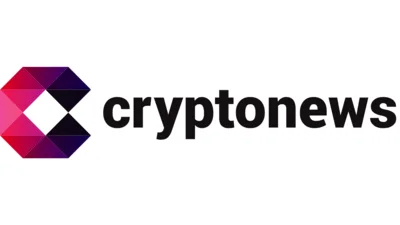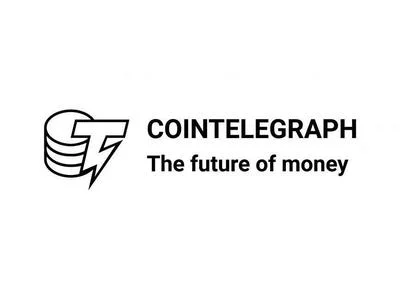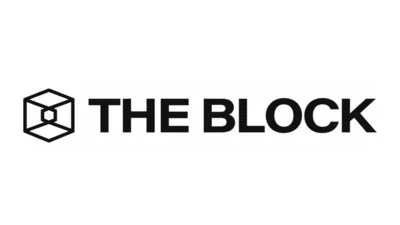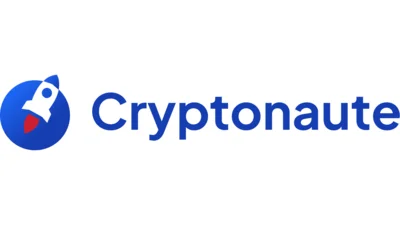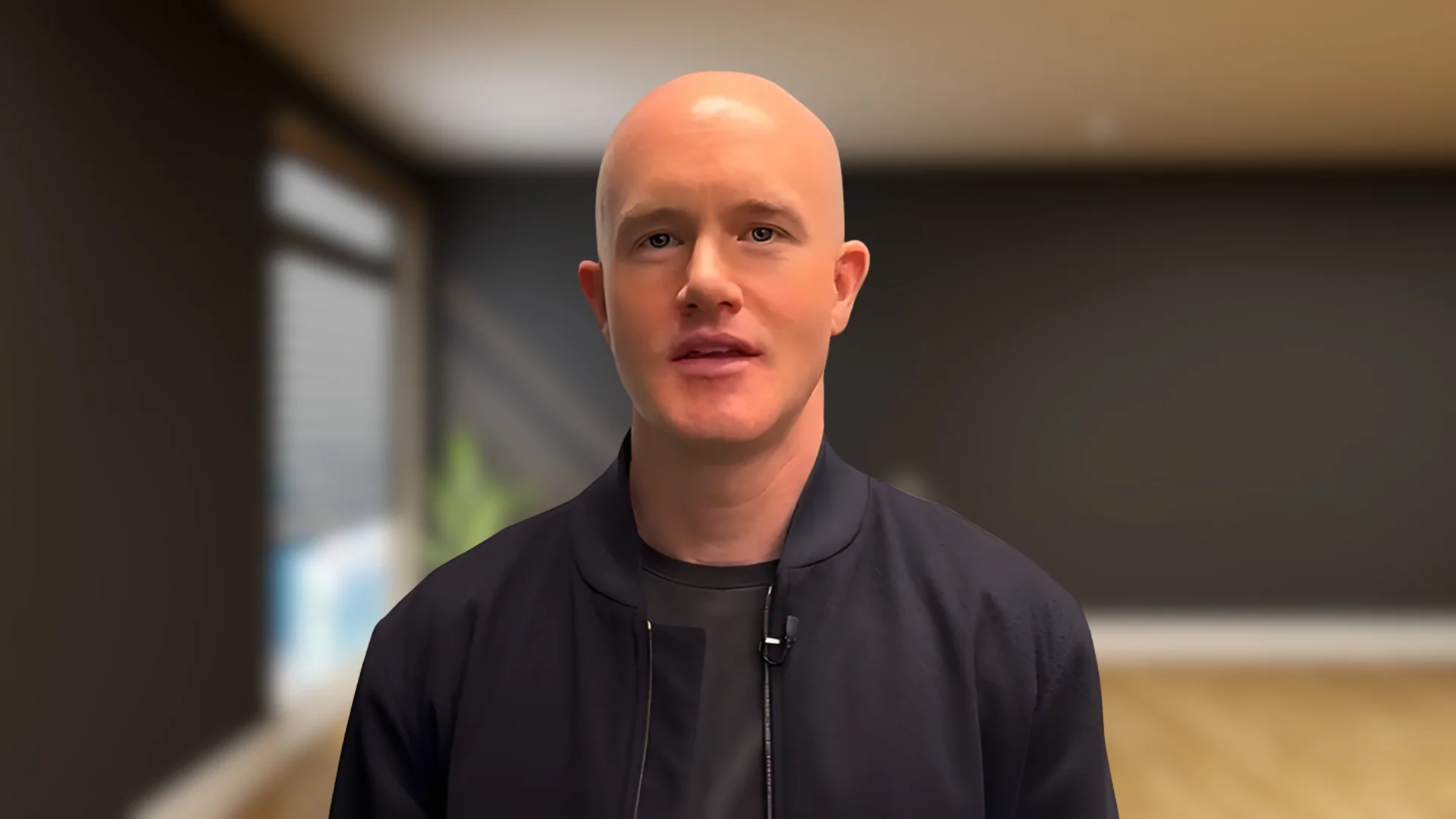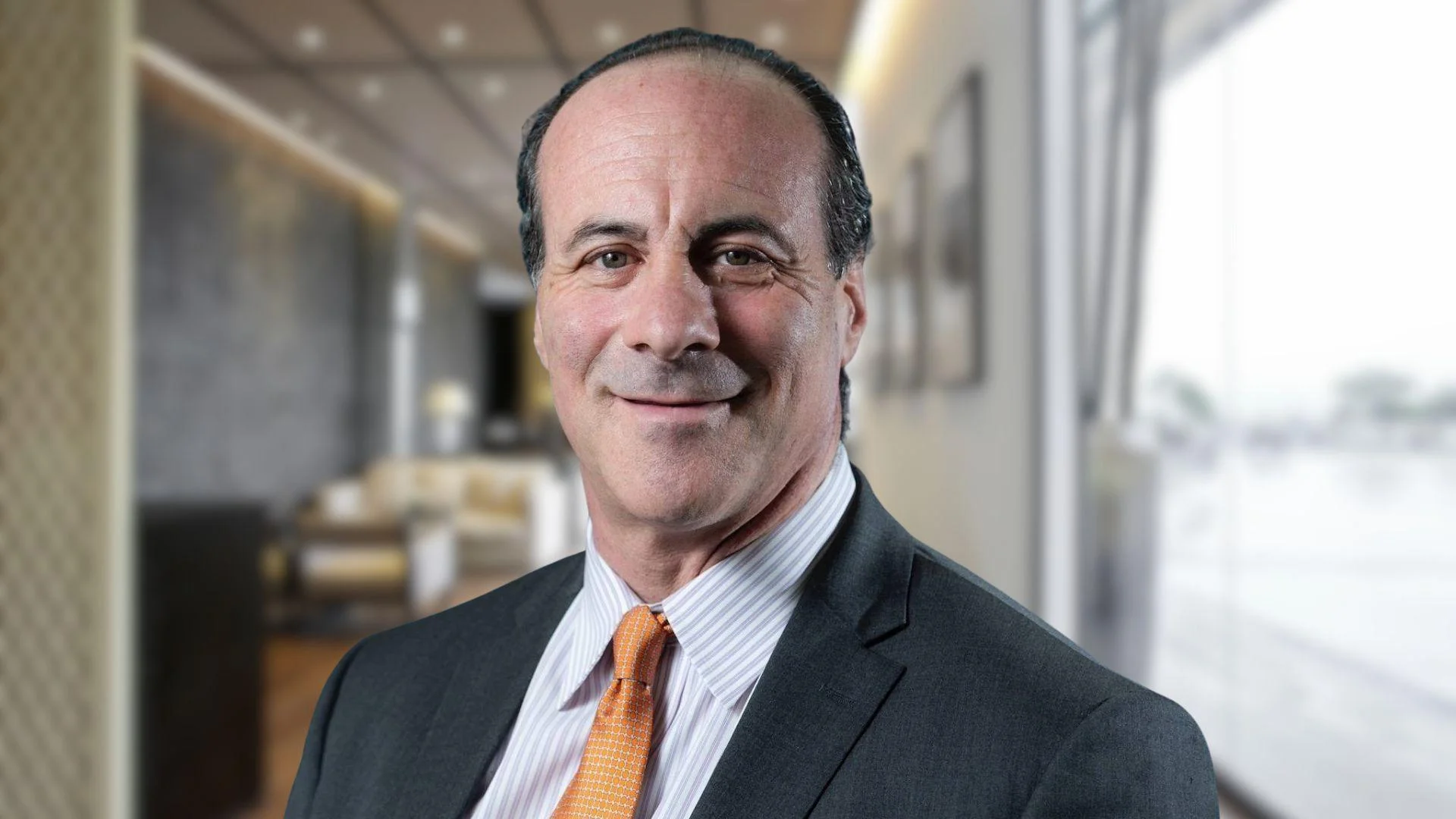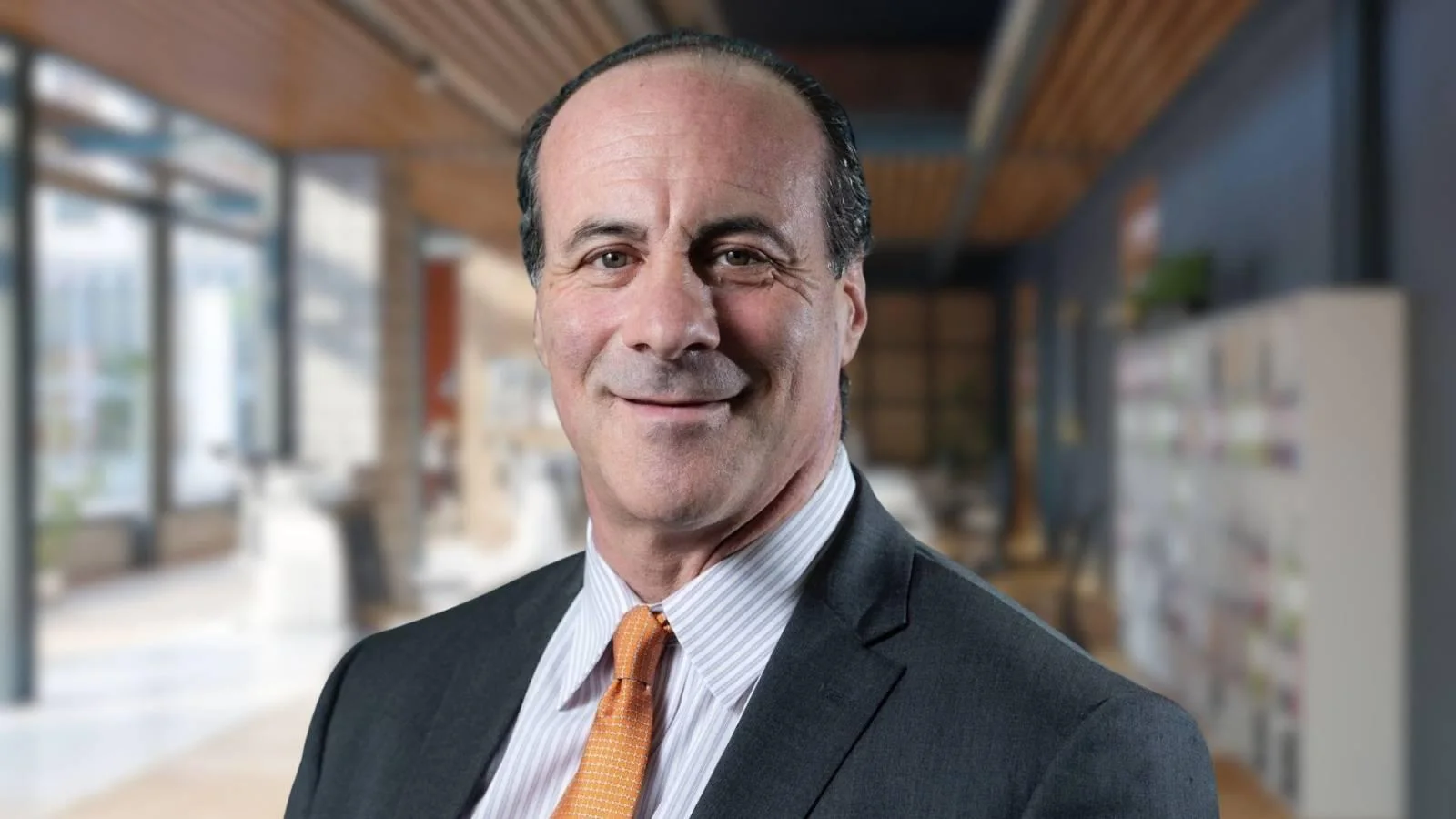Vitalik Buterin
Vitalik Buterin, born Jan. 31, 1994, is a Russian-Canadian computer programmer and writer best known as a co-founder of the cryptocurrency platform Ethereum. He was born in Kolomna, Russia, and immigrated to Canada with his family at age 6.
From an early age, Buterin demonstrated exceptional talent in mathematics and programming. While attending elementary school in Canada, he was placed in a program for gifted children. He later enrolled at The Abelard School, a private high school in Toronto, and went on to study at the University of Waterloo. There, he took advanced courses and worked as a research assistant to renowned cryptographer Ian Goldberg. In 2012, he earned a bronze medal at the International Olympiad in Informatics in Italy.
Buterin became interested in cryptocurrency at age 17 after learning about Bitcoin from his father. In 2011, he co-founded Bitcoin Magazine, one of the first publications dedicated to covering the emerging digital currency space. His involvement in the Bitcoin community led him to identify technical limitations in its blockchain design—insights that shaped his vision for a more adaptable platform.
In 2013, following a series of meetings with developers during travels abroad, Buterin published a white paper proposing Ethereum, a blockchain designed to support decentralized applications. The following year, he left the University of Waterloo after receiving a $100,000 grant from the Thiel Fellowship to pursue the project full time.
Ethereum officially launched in 2015, co-founded by Buterin along with Gavin Wood, Charles Hoskinson, Anthony Di Iorio, and Joseph Lubin. The platform introduced smart contracts and a Turing-complete programming language, enabling developers to build decentralized applications. These innovations laid the groundwork for the rise of decentralized finance (DeFi) and non-fungible tokens (NFTs).
In subsequent years, Buterin played a central role in Ethereum’s transition from a proof-of-work to a proof-of-stake consensus mechanism, aimed at reducing the network’s energy consumption while maintaining security and decentralization.
Buterin has received widespread recognition for his contributions to blockchain technology. In 2018, he was honored with the Liberty Science Center’s Genius Award, and in 2019, he was named to Time magazine’s “100 Next” list.
In 2024, economists Tyler Cowen and Alex Tabarrok identified Buterin as a potential Nobel Prize candidate in economics, citing Ethereum’s transformative impact on global monetary systems. The idea gained further traction in early 2025 when Ryan Sean Adams, co-founder of Bankless, publicly endorsed the nomination.
Buterin has also been active in philanthropy. In January 2025, he donated 400 ETH—worth more than $1 million—to four humanitarian organizations providing aid to Ukraine.
Changpeng Zhao
Changpeng Zhao, widely known as “CZ,” is a Chinese-Canadian business executive and the founder of Binance, one of the world’s largest cryptocurrency exchanges by trading volume.
Zhao was born in Lianyungang, China, and immigrated to Canada with his family in the late 1980s at age 12. His parents were educators, and his father—a university instructor—was reportedly sent into internal exile in rural China after being labeled a “pro-bourgeois intellect.”
As a teenager in Canada, Zhao took on service jobs to help support his family, working shifts at McDonald’s and a gas station. He later studied computer science at McGill University in Montreal.
Zhao began his career with an internship in Tokyo, where he developed software for the Tokyo Stock Exchange. He later spent four years at Bloomberg Tradebook, focusing on futures trading systems. In 2005, he founded Fusion Systems in Shanghai, a company that built high-frequency trading platforms for financial firms.
Zhao entered the cryptocurrency world in 2013 after being introduced to Bitcoin by Bobby Lee. Convinced of its potential, he sold his apartment in Shanghai to invest in the digital currency. Before launching his own exchange, Zhao contributed to the development of Blockchain.info and served as chief technology officer at OKCoin.
In July 2017, he founded Binance, raising $15 million through an initial coin offering. The platform experienced rapid growth, becoming the world’s largest cryptocurrency exchange by trading volume within eight months. That same year, Binance launched its native token, Binance Coin (BNB), which offered users trading discounts and other incentives. In 2019, the company introduced Binance Smart Chain, a blockchain platform designed to support smart contracts and decentralized applications.
As of May 2025, Forbes ranked Changpeng Zhao as the 24th-richest person in the world and the second-richest Canadian, with an estimated net worth of $64.8 billion. He was previously recognized by Bloomberg Markets as one of the “50 Most Influential People in Finance” in 2018 and by Time magazine as one of the “100 Most Influential People in the World” in 2019.
In May 2025, Zhao was appointed as an advisor to Kyrgyz President Sadyr Japarov on digital asset development. That same year, he was nominated for “Crypto Leader of the Year” in CoinMarketCap’s Crypto Awards 2024.
Zhao has expressed a long-term commitment to advancing blockchain technology and has pledged to donate up to 99 percent of his wealth to philanthropic causes.
Brian Armstrong
Brian Armstrong is an American entrepreneur and the co-founder of Coinbase, the largest cryptocurrency exchange in the United States by trading volume. He is widely recognized for helping make cryptocurrency more accessible to the general public.
Armstrong was born on Jan. 25, 1983, near San Jose, California, and grew up in a family of engineers. He attended Bellarmine College Preparatory, a private Catholic high school, before enrolling at Rice University in Texas. There, he earned bachelor’s degrees in economics and computer science in 2005, followed by a master’s degree in computer science in 2006.
While at Rice University, Armstrong launched a business that matched students with tutors. After graduation, he spent a year in Buenos Aires working for an education company before returning to the United States, where he held roles as a developer at IBM and a consultant at Deloitte.
His interest in cryptocurrency began in 2010 after reading the Bitcoin white paper by Satoshi Nakamoto. At the time, Armstrong was working as a software engineer at Airbnb, where he encountered the complexities of international money transfers. Motivated by those challenges, he began writing code in Ruby and JavaScript to create a platform for buying and storing cryptocurrency.
In 2012, Armstrong joined the Y Combinator startup accelerator, securing a $150,000 investment that he used to co-found Coinbase with Fred Ehrsam. The company grew rapidly, landing a $5 million investment from Union Square Ventures in its first year and raising an additional $25 million from Andreessen Horowitz and Ribbit Capital by year’s end.
Under Armstrong’s leadership, Coinbase hit a series of major milestones. In 2015, it became the first cryptocurrency exchange to raise capital from a major financial institution, securing $75 million from investors including the New York Stock Exchange and Draper Fisher Jurvetson. Two years later, Coinbase received a BitLicense from the New York Department of Financial Services, allowing it to operate in one of the most heavily regulated markets. That same year, its valuation surpassed $1 billion.
In April 2021, Coinbase became the first major cryptocurrency exchange to go public, debuting on the Nasdaq with an initial valuation of approximately $85 billion. Today, the company provides exchange, brokerage, and custody services to more than 100 million verified users across over 100 countries.
Armstrong has pursued several ventures beyond Coinbase. He founded ResearchHub, a platform inspired by GitHub and designed to make scientific research more accessible. He also co-founded NewLimit, a biotechnology company focused on extending human health span through epigenetic reprogramming. The company raised $40 million in Series A funding in May 2023.
In January 2025, Armstrong announced that Coinbase Ventures would invest in Próspera, a charter city off the coast of Honduras that operates under a deregulated governance model.
He has also been active in philanthropy. In 2018, Armstrong became the first cryptocurrency executive to sign the Giving Pledge, committing to donate the majority of his wealth to charitable causes. That same year, he launched GiveCrypto.org, a nonprofit organization that distributes financial assistance in the form of cryptocurrency.
Armstrong has received widespread recognition for his influence in the cryptocurrency industry. In 2017, he was ranked No. 10 on Fortune’s “40 Under 40” list, followed by an appearance on Time magazine’s “100 Next” list in 2019. In 2025, he was ranked No. 49 on Fintech Magazine’s list of the “Fintech Top 100 Leaders.”
As of 2024, Forbes estimated Armstrong’s net worth at $11.2 billion, placing him second on its Crypto Rich List and 145th on the Forbes 400 list of the wealthiest Americans.
Patrick Hillmann
Patrick Hillmann is a communications and crisis management executive with a background in public affairs and regulatory strategy. His career began in 2008 at the European Commission’s Directorate-General for External Relations, where he worked during the Russia–Georgia war. That role involved supporting international crisis communications during a high-risk geopolitical conflict.
Hillmann has held senior positions at General Electric, Edelman, and Binance. At GE, he worked within a heavily regulated environment, focusing on structured public advocacy initiatives. At Edelman, he managed overlapping crises, including a workplace mass shooting and a major COVID-19 outbreak, requiring coordinated responses across multiple stakeholders. At Binance, he led crisis and communications efforts across nearly 100 countries, including engagement with the U.S. Department of Justice and efforts to strengthen compliance systems.
In leading global response teams, Hillmann focused on audience targeting and message coordination across decentralized structures. His crisis work involved delivering consistent communications strategies in dynamic and high-pressure environments.
Hillmann’s career spans both the manufacturing and fintech sectors. He has worked on policy and advocacy initiatives in each, including during his time with the National Association of Manufacturers and in leadership roles at cryptocurrency firms.
At Binance, he participated in regulatory reform efforts, including a company-wide compliance overhaul and coordination with U.S. law enforcement agencies. He was involved in initiatives to improve risk management and supported efforts to freeze illicit funds in collaboration with federal authorities.
Hillmann’s experience includes work in international diplomacy, corporate crisis response, regulatory strategy, and communications operations within emerging technology sectors.
Joseph Lubin
Joseph Lubin, born in 1964, is a Canadian-American entrepreneur best known as a co-founder of Ethereum. He is also the founder of ConsenSys, a blockchain technology firm focused on building infrastructure for decentralized applications and blockchain-based services. Lubin has been a central figure in advancing the development and adoption of Web3 technologies.
Lubin was born and raised in Toronto and earned a degree in electrical engineering and computer science from Princeton University. Early in his career, he worked at the Princeton Robotics Lab before joining tomandandy music, where he developed an autonomous music composition system. He also contributed to the development of autonomous mobile robots at Vision Applications Inc.
He later transitioned into roles that blended finance and technology. Lubin worked as a software engineer and consultant on the Identrus cryptographic payments project at eMagine and helped found and manage a hedge fund. He went on to serve as director of the New York office of Blacksmith Software Consulting and later as vice president of technology in private wealth management at Goldman Sachs. These positions deepened his expertise at the intersection of cryptography, engineering, and financial systems.
Lubin entered the blockchain space in 2014 after reading the Bitcoin white paper by Satoshi Nakamoto. That same year, he met Vitalik Buterin and joined the founding team of Ethereum, serving as chief operating officer during its early development.
In 2015, he launched ConsenSys, a blockchain technology company dedicated to building infrastructure for the Ethereum ecosystem. Under Lubin’s leadership, ConsenSys has developed a range of tools for developers, decentralized applications, and enterprise blockchain solutions—establishing itself as one of the leading firms in the sector.
Lubin has received widespread recognition for his contributions to the blockchain industry. In 2017, CoinDesk ranked him as the fifth most influential person in blockchain. A year later, Forbes listed him second on its ranking of the wealthiest individuals in cryptocurrency, estimating his net worth to be between $1 billion and $5 billion.
In 2019, Lubin was appointed to the New York Digital Currency Task Force and joined the governing board of Hyperledger, an open-source blockchain initiative. That same year, he served as a keynote speaker at the South by Southwest (SXSW) Conference.
The Financial Times once referred to him as “Wall Street’s crypto whisperer,” a nod to his unique position at the intersection of traditional finance and decentralized technology. He remains a prominent advocate for blockchain innovation and Web3 development.
Charles Hoskinson
Charles Hoskinson, born in 1987, is an American entrepreneur and a prominent figure in the blockchain and cryptocurrency space. He is the founder of Cardano and a co-founder of Ethereum. With a background in mathematics, Hoskinson has played a key role in the development of blockchain platforms and related technologies.
Hoskinson studied analytic number theory at Metropolitan State University of Denver and the University of Colorado Boulder before pivoting to cryptography through roles in the tech industry. His interest in blockchain was shaped in part by his engagement with Austrian economics and monetary theory, which also led him to support Ron Paul’s 2008 presidential campaign.
In 2022, journalist Laura Shin reported in her book The Cryptopians that Hoskinson had not completed an undergraduate degree or enrolled in a Ph.D. program, contrary to earlier public statements. According to Shin, both universities confirmed that Hoskinson attended as an undergraduate student but did not graduate.
Hoskinson has launched several ventures in the cryptocurrency space. In 2013, he co-founded Invictus Innovations with developer Dan Larimer to create BitShares, a blockchain platform he described as a “decentralized autonomous corporation”—a term he is widely credited with coining.
Later that year, Hoskinson became one of five original co-founders of Ethereum, joining Vitalik Buterin and others in developing what would become a leading blockchain platform. He briefly served as Ethereum’s chief executive but left the project in 2014 after a disagreement over its organizational structure. Hoskinson favored a commercial model, while Buterin advocated for a nonprofit foundation.
In late 2014, Hoskinson co-founded Input Output Hong Kong (IOHK) with former Ethereum colleague Jeremy Wood. IOHK’s flagship initiative is Cardano, a public blockchain platform that supports smart contracts and the ADA cryptocurrency. Hoskinson has emphasized that the project did not seek venture capital funding in order to maintain decentralization and avoid concentrated ownership.
Under Hoskinson’s leadership, IOHK has supported blockchain research at academic institutions including the University of Edinburgh, Tokyo Institute of Technology, Stanford University, and the University of Wyoming.
He was the founding chairman of the Bitcoin Foundation’s education committee and launched the Cryptocurrency Research Group in 2013. Throughout his career, Hoskinson has focused on promoting cryptocurrency education, advancing decentralization, and increasing access to cryptographic tools.
In 2018, Forbes estimated his net worth at between $500 million and $600 million. In October 2024, he received an award in Zug, Switzerland, recognizing his contributions to the development of Crypto Valley and his broader influence on the global blockchain industry. The honor was presented during ETH10X, an event celebrating the 10th anniversary of the Ethereum Foundation.
 Alerts Sign-up
Alerts Sign-up
